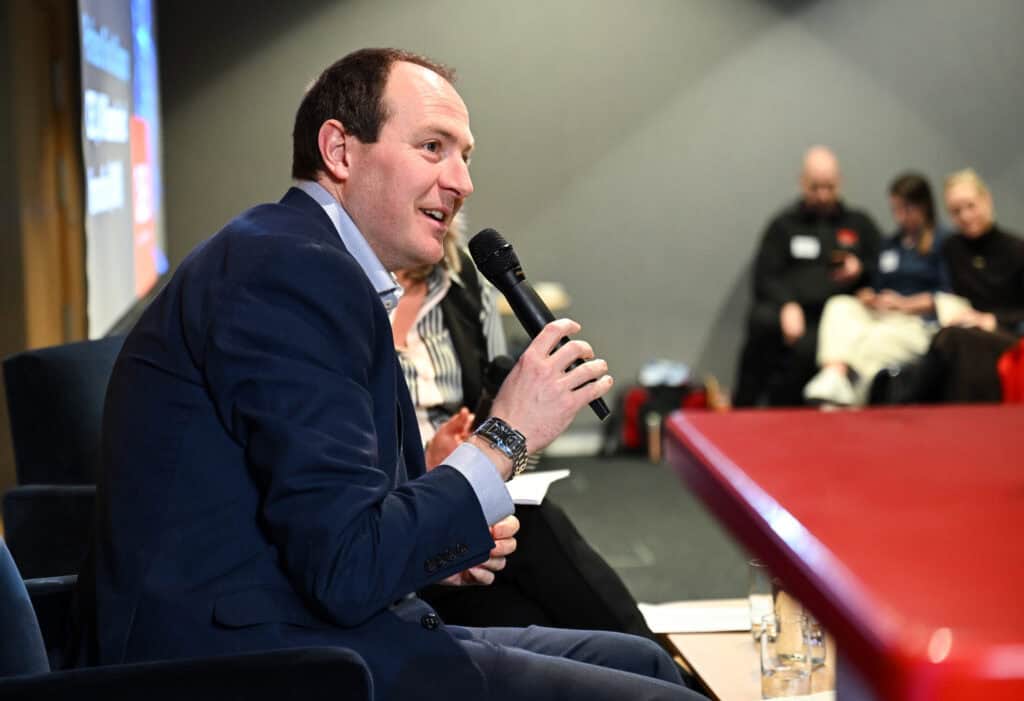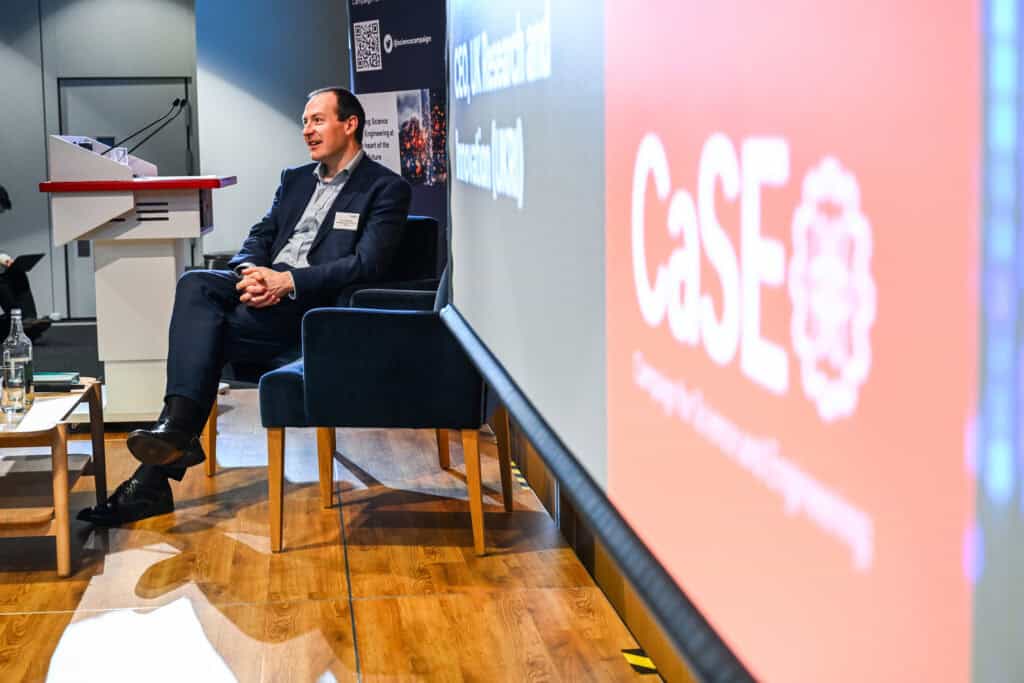Reform UK
5th – 6th September
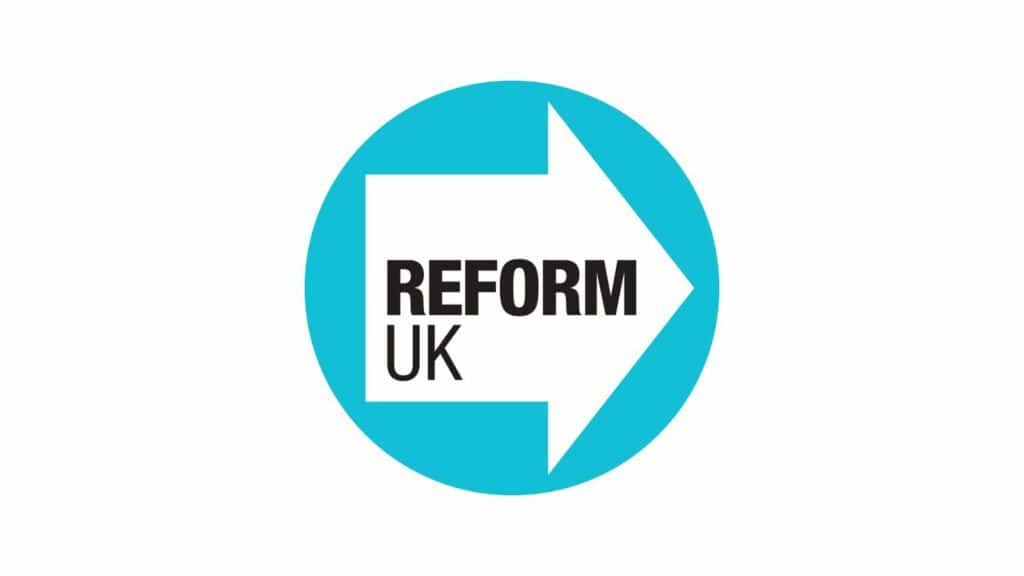
Reform UK is a party intent on showing a more professional side, many speeches focused on the party’s work to develop policies and bring in people with more experience. Nadine Dorries, who announced she was joining the party on the eve of the conference, was described by Reform UK leader Nigel Farage as a “government veteran” who would help the party prepare for power.
As a smaller conference, there were relatively few fringe events and none specifically focused on R&D or science policy, although numerous were related, including to health, environment and tech.
- On health, the most shocking moment was from vaccine sceptic Aseem Malhotra – who Reform chair David Bull said had helped to write the party’s health policy – who made unfounded claims about the impact of mRNA vaccines.
- On environment, there was a strong anti-net zero sentiment with repeated calls to “drill, baby, drill”. Meanwhile, a session on “climate realism” heard panellists claim that scientists can’t get funding on “the right side of the argument” but that under Reform funds could be allocated differently.
- On tech, there was greater support. Zia Yusuf, who was announced as the party’s head of policy during the conference, talked about the potential of AI, including to improve the NHS and in an interview with The Spectator editor Michael Gove said that the UK needs to be a world leader in the field. He also said the UK doesn’t do a good enough job of commercialising science, praising DeepMind but saying it was sold (to Google) too early.
Liberal Democrats
20th – 23rd September
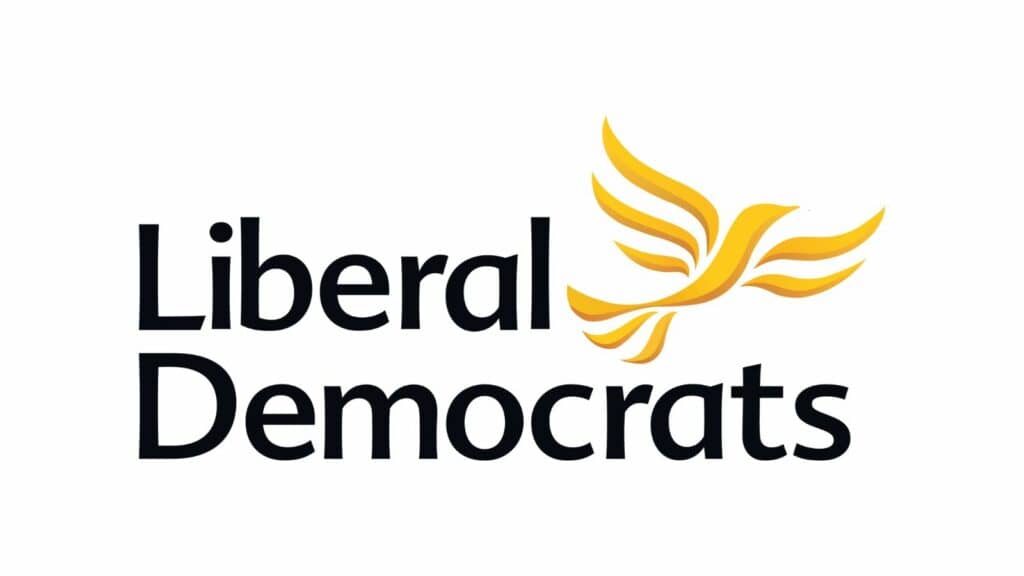
At the Liberal Democrat Party conference there was a clear aim to position the party as the alternative to Reform UK.
Throughout various events, there was a drive from MPs to use their position to scrutinise government policy and to effect change where possible. Some of the main themes at the conference were around place/ regional devolution and solving challenges in health, living standards and productivity.
While there was some recognition of the role research and development can play in driving economic growth across the UK, it was not frequently highlighted and recognised as a strength of the UK economy.
What does this mean for the R&D community: while there was clear broad support for R&D from the party and their MPs, there is still work needed to highlight to the Liberal Democrats the depth of opportunity that R&D can offer as a tool to solving the challenges of today.
Labour Party
28th September – 1st October
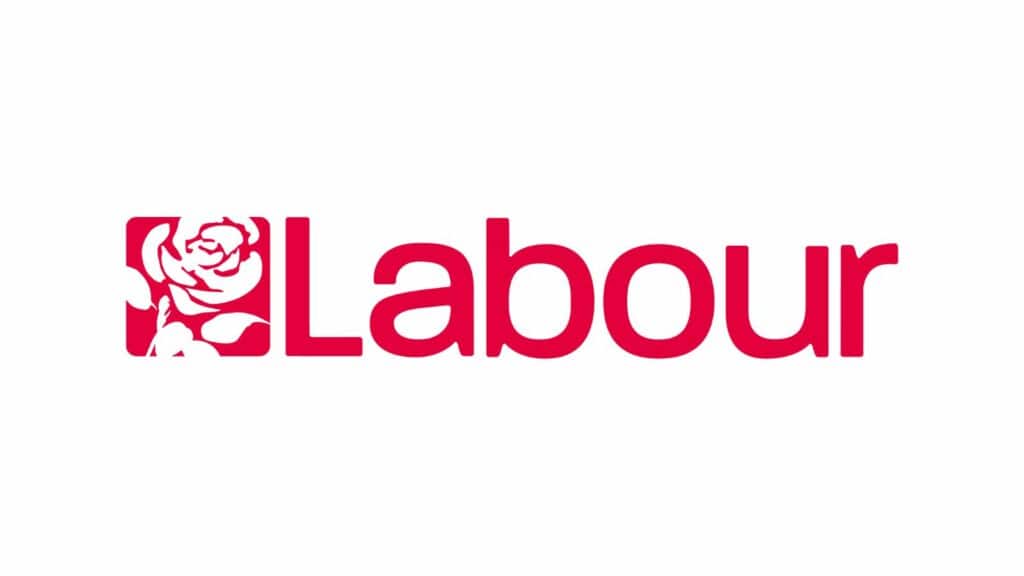
The Labour Party’s conference was a more subdued affair that last year’s. A year into power, the party is behind in opinion polls, facing negative headlines on several fronts and, as we headed to Liverpool, only just out of a reshuffle.
The Prime Minister, Keir Starmer’s speech sought to position the country as facing a choice between “decency or division, renewal or decline”, arguing that it must not choose Nigel Farage’s Reform UK.
A recurrent theme throughout the conference was English devolution, and the opportunities and challenges this creates. More broadly, it was clear that place continues to be an important consideration for politicos and policy wonks, and one which the R&D sector is well positioned to respond to.
For the R&D system, there was a range of relevant fringe events, particularly for organisations working in life sciences and healthcare. There was also ample chance to discuss the future of the higher education sector, with the main concerns unsurprisingly focused on the financial crises and international student levy – which was fresh in the minds of attendees. A common theme in higher education sessions was the public’s perception of universities, with lively debates on how much weight should be put on reports about decreasing public support. However, there was a recognition that it was vital to tell more meaningful and resonant stories about the role that universities – and crucially the research and researchers they support – play in society.
New Secretary of State for Science, Innovation and Technology Liz Kendall’s appearances included an investment-focused event with Labour Together and a fringe about AI and public services with the Tony Blair Institute. At both, she spoke passionately about the need for role models and inspiration for young women and girls, and about how to make STEM skills accessible to people from a wide range of backgrounds. Speaking about AI, Kendall said it was vital that the public was able to trust in any systems the Government implemented, agreeing transparency and accountability were vital.
Conservative Party
5th – 8th October

The Conservative party conference was focussed on rebuilding support the party has lost in recent years, with the party caught between being low in the polls yet still being the official opposition in the House of Commons.
At the events CaSE attended, there were themes on regional devolution, and the role of innovation in the healthcare system.
On healthcare, discussion was around the need to improve NHS procurement to drive adoption of new technology, and how data could be better utilised. Something George Freeman MP, former Science Minister and current member of the Science, Innovation and Technology Committee, is particularly keen to see progress on, with patients owning and sharing their data through apps or other means.
On place, there was general strong support for devolution, however concerns about the practicalities for new combined authorities.


